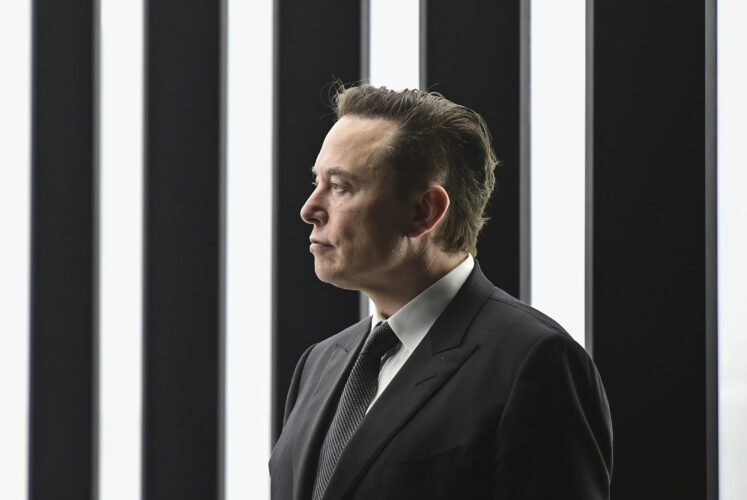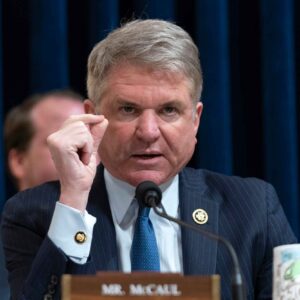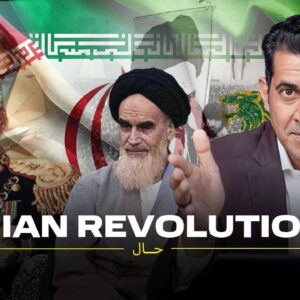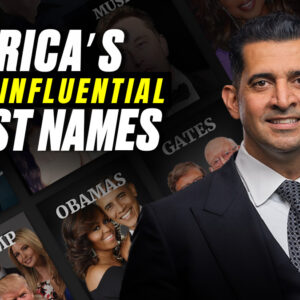Elon Musk sat down for an interview with CNBC’s David Faber to discuss a variety of issues including his position on free speech twitter usage, despite the potential to anger the powers-at-be which in turn, can negatively affect funds acquired through advertising.
Musk simply stated, “I’ll say what I want and if the consequence is losing money, so be it.”
Elon Musk on Tuesday said that if his inflammatory tweets scare away advertisers from Twitter, he will accept that. “I’ll say what I want, and if the consequence of that is losing money, so be it." https://t.co/0Pi3Yl8Jo2 pic.twitter.com/rpZ3Ff8Dw0
— CNBC (@CNBC) May 16, 2023
Faber claimed that some of Musk’s tweets have been accused of lending credibility to conspiracy theories. Musk countered Faber’s point of spreading “conspiracy theories” by refuting that so many of these “conspiracy theories have turned out to be true.”
Musk’s critics cannot possibly comprehend how someone in the business of a social media platform which generates substantial advertising dollars can be convicted to speak his mind.
Faber then pushed: “why share it” if it could result in less revenue? After some time to ponder, Musk reacted with a quote from the movie, Princess Bride: “offer me money; offer me power. I don’t care.”
Truthful reporting in the media world by those who aren’t independently wealthy, or those who do value acquiring as much money and power as possible will be willing spokespeople for their advertising sponsors, while acting under the guise of an independent media outlet.
According to Vanity Fair contributing editor, Bethany McLean, “Elon Musk sounds like a spoiled child when he talks about free speech,” adding that “If you run a business that depends on advertisers you might have to think about it a little bit differently and Musk seems utterly unwilling to make that distinction.”
"Elon Musk sounds like a spoiled child when he talks about free speech," says @bethanymac12. "If you run a business that depends on advertisers you might have to think about it a little bit differently and Musk seems utterly unwilling to make that distinction." pic.twitter.com/TfHyCYYblC
— Last Call (@LastCallCNBC) May 17, 2023
Essentially, McLean is admitting that when business depends on advertising, speech will be subjected to censorship if advertisers are not agreement with the speech at hand. This is the primary way in which most mainstream media is censored by the establishment, through the interests of generous advertisers such as the pharmaceutical companies.















Add comment